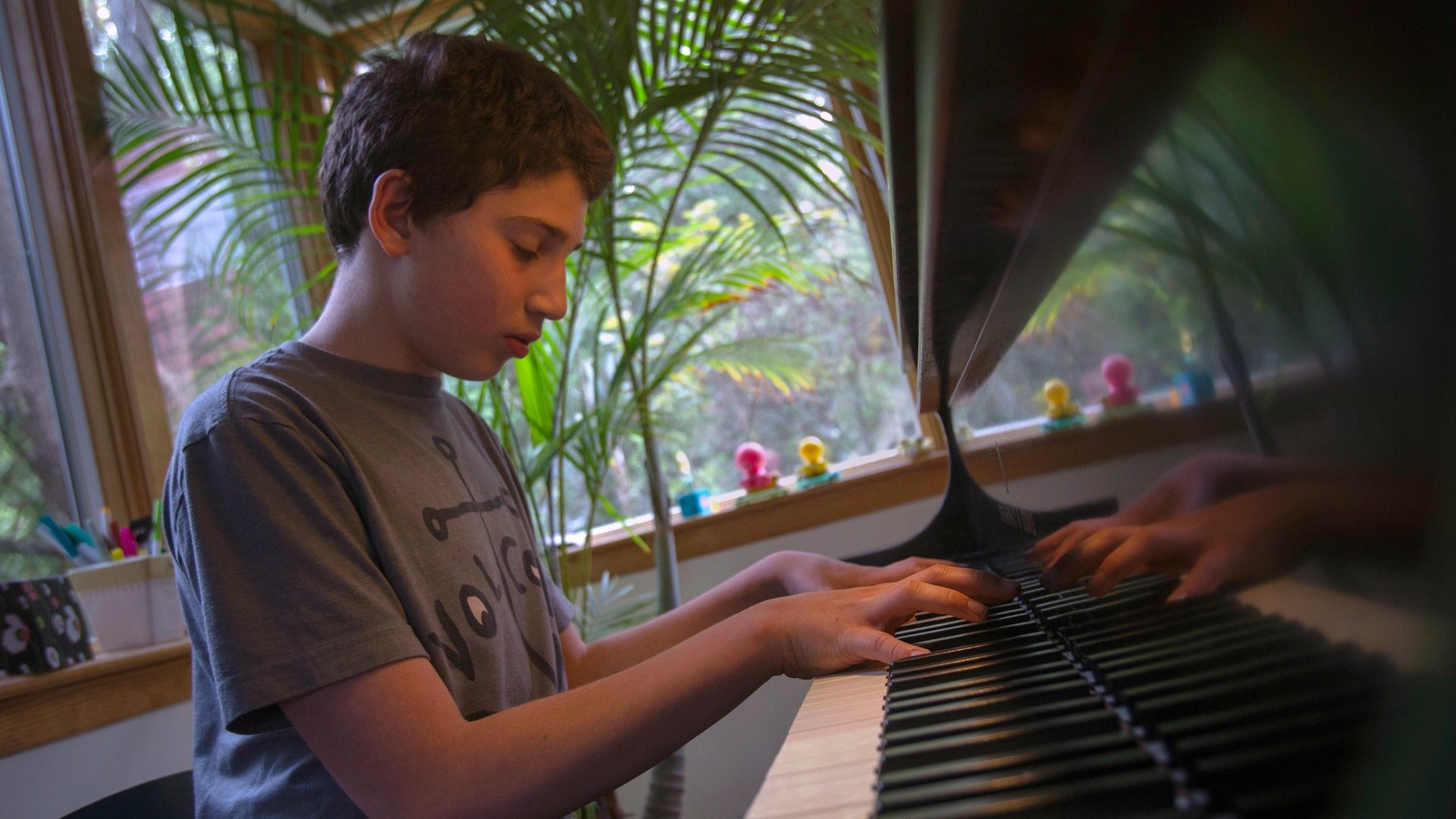CEOs and inventors most likely took art or music lessons as a kid
This item has been corrected.


This item has been corrected.
Time spent learning to play Chopin or Bach at age 8 or 13 may give a child the chops to eventually be a CEO or scientist.
Or as researchers at Michigan State University put it: “A young Picasso or Beethoven could be the next Edison.”
People who own businesses or were granted patents were up to eight times more likely to participate in arts and crafts or music activities as children compared to the general public, the Michigan State researchers report. Taking lessons or being part of an arts collective or musical group into adulthood made individuals even more likely to excel.
Starting early really helped, says Eileen Roraback, one of the researchers. “The skills and aptitudes that you developed in the arts practice continued into your business practice,” she says.
“The ability to make art is really critical to the creative mind and getting into the sciences,” adds James Lawton, another researcher and a professor of sculpture.
Musical training seemed especially important. Researchers studied a group of Michigan State Honors College graduates from 1990 to 1995 with science, technology, engineering or math majors and found 93% had taken piano, guitar or other music lessons—about three times the average rate of all adults.
But poetry, drawing, photography, or working with metal or electronics also contributed to success in science and business, notes Rex LaMore, another researcher, and director of the university Center for Community and Economic Development.
At some companies like eBay, Clif Bar, and Ernst & Young—employees are still rocking out.
Correction: An earlier version of this item stated that Sergey Brin considered retiring to take up the jazz guitar.